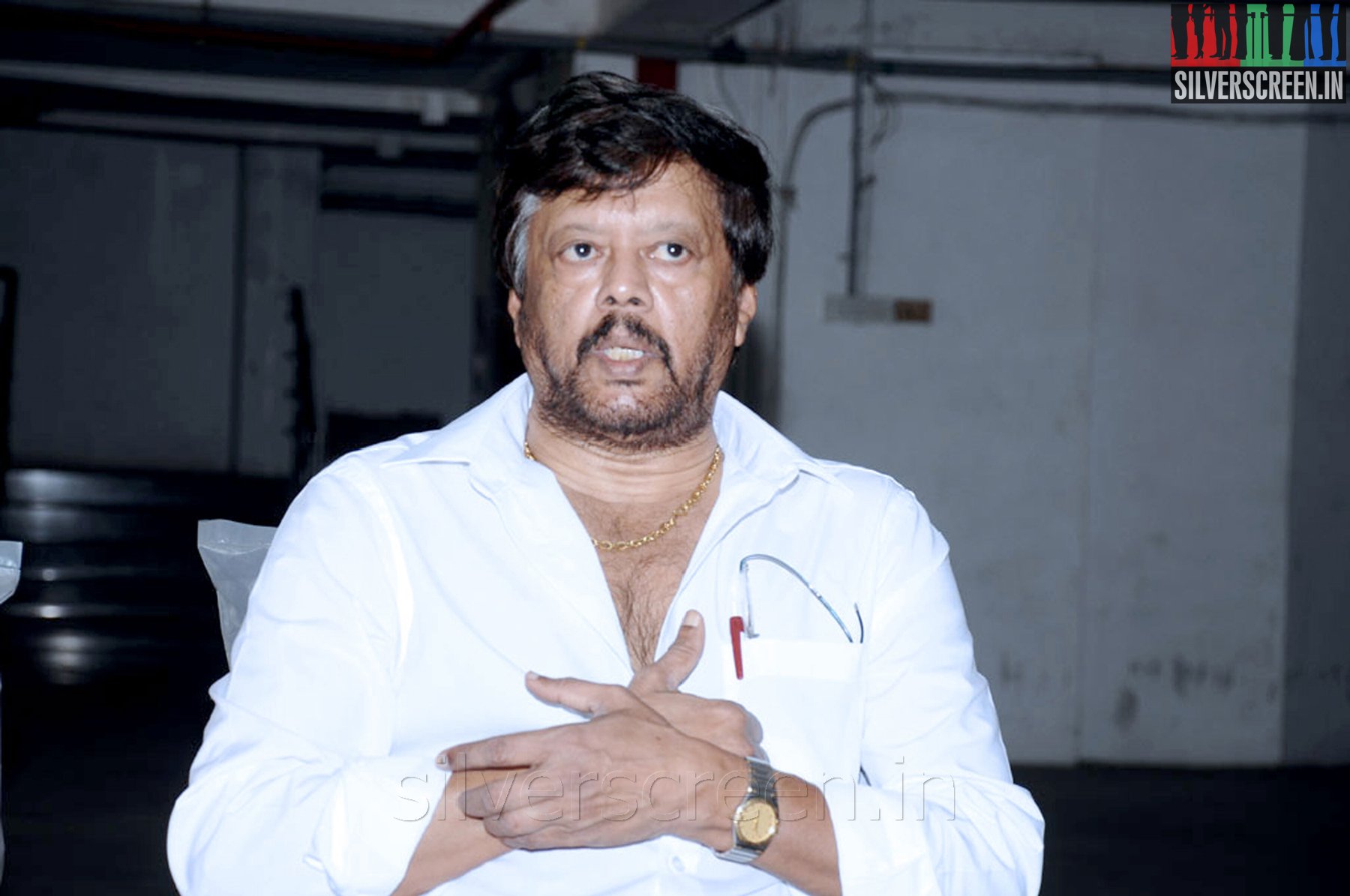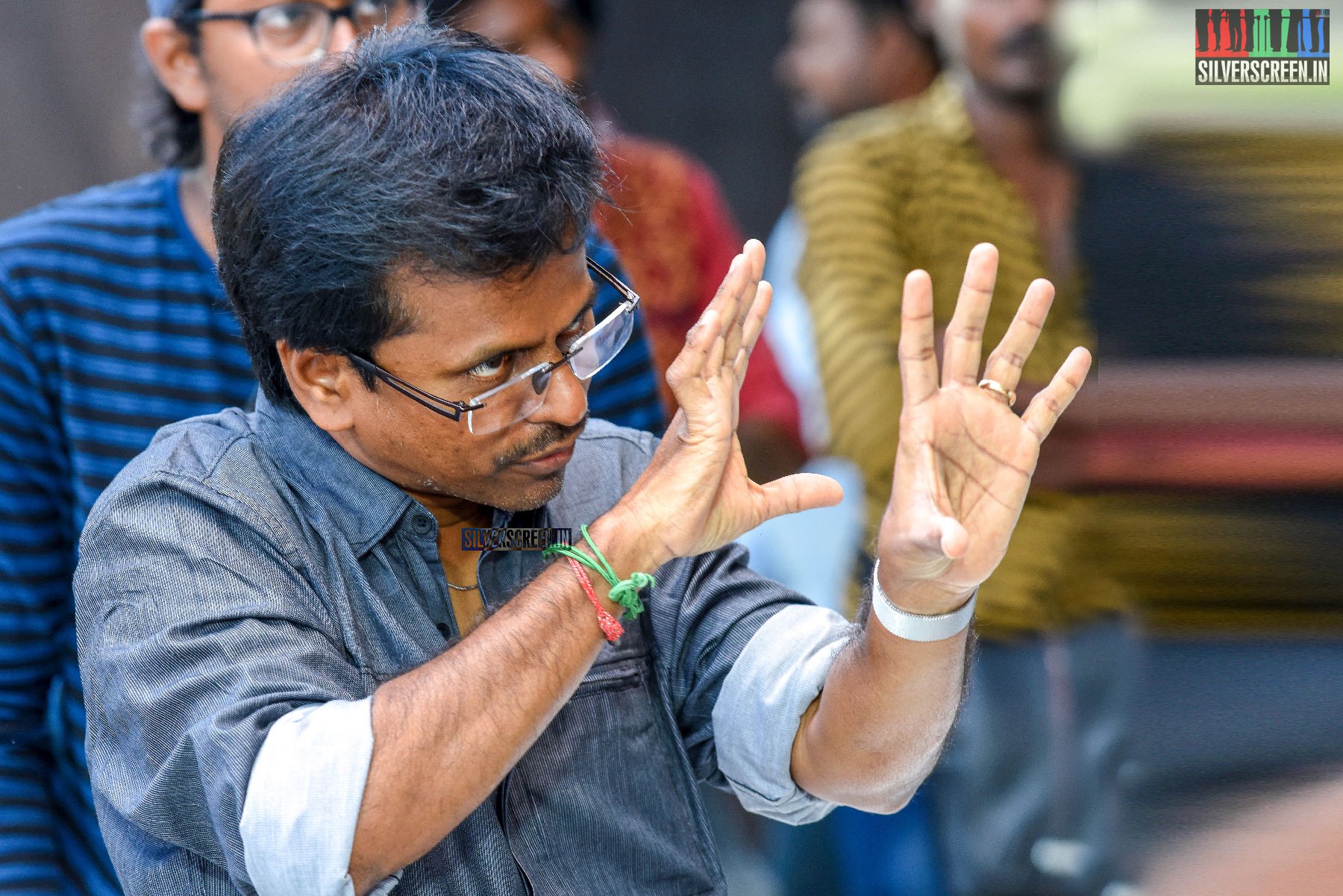The latest of Rajeev Masand’s roundtables for CNN-News18 was with Hindi cinema’s newcomers of 2018. Zoya Hussain, Sara Ali Khan, Ishaan Khatter, Radhika Madan, and Janhvi Kapoor, the actors who had their first films release last year, were part of the roundtable. They spoke about the debates over nepotism and social media validation among other things.
Before this, Rajeev Masand had three roundtables with actors and directors from Hindi cinema. The most talked about was the roundtable with Deepika Padukone, Alia Bhatt, Tapsee Pannu, Anushka Sharma, and the actors who’ve been longer in the industry – Rani Mukharjee and Tabu.
They spoke about how well-written films did better than the big budget ones last year, and what it meant to play ‘women-centric’ roles. They had advice for upcoming women actors, they discussed #MeToo in India, sexual harassment on film sets. On the whole, the roundtables had one stand against those accused of sexual harassment. They agreed that #MeToo was a much-needed movement.
But this ended with Bollywood. Why was no one from Tamil or Malayalam cinema, whose women have been the loudest about #MeToo, and have faced the most backlash for it, invited to the round table? Why was it okay for six women from Bollywood to talk about sexual harassment that happens in Indian cinema?
If actors Valaxmi Sarathkumar, Parvathy Thiruvothu, singer Chinmayi or many others who are being ganged up against for calling out the big names from the industry, were at the roundtable, what would they have told Rani Mukharjee when she said women must have the courage to stop sexual harassment on film sets?
Rani had said that from her lifetime in the industry she has learnt that women must take onus of themselves. She said, “As a woman you have to be so powerful within yourself that you have the courage to say ‘back off’.”
Others at the table were visibly uncomfortable. Deepika said, “But not all women might be constructed with the same DNA.” Anushka added, “Why are we asking women to change, and not the men?” Rani told them, “In life you cannot always depend on how the other person is going to behave with you. We have to take responsibility for ourselves.”
When Deepika said, “But before we speak about self-defense, we have to nip the problem in the bud,” Rani responded, “You cannot go and tell hundreds of mothers out there how to bring up their children. Because it happens right there. It is women who are making these boys who are doing this.”
They then agreed that a collective movement on parenting was perhaps needed, and the topic changed.
Meanwhile, two days back actress Varalaxmi Sarathkumar tweeted about a panel discussion on #MeToo that was not aired by India Today. Sandhya Menon, the writer and journalist who spearheaded the second round of #MeToo in India, said that she was at the panel organised by India Today, but no link from the discussion was put up.
She asked if it was because she had opened the session by pointing out that no investigation had been done on the #MeToo allegations against two India Today employees. Varalaxmi Sarathkumar retweeted this, and said that the leading channel was scared to face their own demons, and were threatened by questions.
I think that’s the reason… so sad.. such a big leading channel scared to face their own demons.. and threatened by a few questions…@IndiaToday disappointed.. expected much more from you.. https://t.co/BQwPjRvSCf
— varu sarathkumar (@varusarath) January 7, 2019
Can anyone find this?
The session opened with my being asked by Rahul Kanwal, who was handling the panel, if work spaces were now safer. I said, "you tell me. India Today still houses two accused men and we haven't heard of an investigation."
Is that why this isn't online? https://t.co/F01zTkPTIC
— Sandhya Menon (@TheRestlessQuil) January 6, 2019
The Tamil and Telugu actress Rakul Preet Singh, Malayalam actress and Women in Cinema Collective (WCC) member Padma Priya, were on the panel.
Malayalam industry’s Women in Cinema Collective was one of the earliest to take action against sexual harassment in the industry. The were formed as a pressure group in 2017 following the actor assault case in which Dileep was accused. They condemned the Association of Malayalam Movie Artistes, headed by Mohanlal, for reinstating Dileep after he was released on bail.
The WCC was also the first to move court asking to form an Internal Complaints Committee in an organisation in the industry. They approached court in October last year to seek a directive to form an ICC in AMMA. Following this the Kerala HC issued an order asking AMMA to form an ICC in accordance with the PoSH Act, before their big show in Abu Dhabi on December 7. AMMA is yet to act on this.
In Tamil, Kannada, and Malayalam cinema, Varalaxmi Sarathkumar, Chinmayi, Shruti Hariharan, Aditi Rao Hydari, Samantha, Siddharth and Prakash Raj are among the few who have called out on the industry’s silence around #MeToo.
Recommended
Chinmayi was terminated from the dubbing union following sexual harassment allegations against lyricist Vairamuthu, and following her support for women who accused the union president Radha Ravi of sexual misconduct. But like Chinmayi and the others have repeatedly pointed out, they have only been abused for making the allegations, and no redressal mechanism has come in place.
It’s time Bollywood sits up and takes notice of this. They are only adding to the dismissal of #MeToo in the south, particularly in Tamil and Malayalam industries. Women making allegations are being blacklisted and are losing work here. The men accused in #MeToo, like Nawazuddin Siddiqui (who has had fall-outs in Bollywood), Arjun Sarja, Dileep, Radha Ravi and Vairamuthu and continuing to sign up for big projects. No functioning anti-sexual harassment committee has been set up as yet.
Watch Rajiv Masand’s roundtable here:



